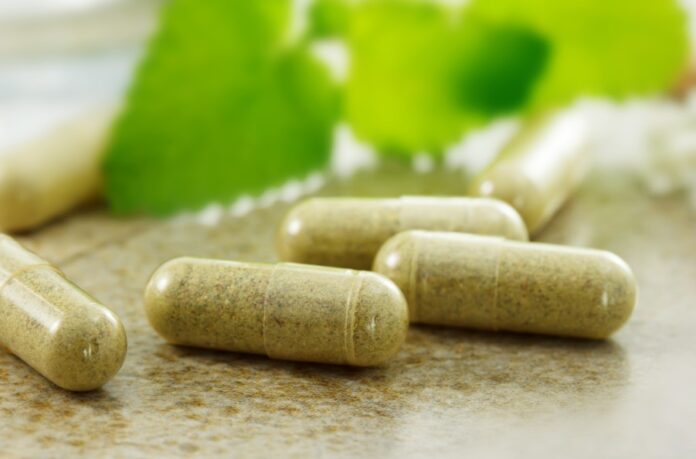A healthy balanced diet, as is regular exercise, is essential to good health. Supplements are quite a common practice.
In fact, WHO in 1985 estimated that 80% of the world population relies on herbs for primary health care needs.
When considering herbal supplements, however, it’s essential to do so carefully. Herbal supplements aren’t subject to the same stringent regulations as prescription medications. That being said, they can have various benefits for your health.
We hope you’ll keep reading if you’re curious about a list of herbal supplements, their uses, and some top brands to consider.
Ginseng
Ginseng is among the most popular herbal medicine in many cultures and traditions. It is a powerful adaptogen that can help with fatigue, boost your immune system, reduce stress levels, and improve mental clarity.
It also has anti-inflammatory properties and can help reduce swelling and pain. It is used for men’s health, improving physical fitness and sexual health.
Studies have shown that regular consumption can improve healthy being and provide some protection against cancer.
Milk Thistle
Milk thistle is one of the herbal stimulants that has long been associated with treating various ailments. It includes liver and skin conditions. It is a potent anti-inflammatory.
It helps strengthen and cleanse the liver, improve digestion, and provide detoxification. Milk thistle also helps reduce cholesterol and glucose levels, decrease symptoms associated with menopause, and can even relieve joint pain and certain types of cancer.
Turmeric
Research suggests that turmeric can improve cognitive performance and reduce inflammation and oxidative stress. It improves digestion and blood sugar levels.
It also has been used to treat and prevent chronic diseases. It includes diabetes, heart disease, cancer, and Alzheimer’s disease. Turmeric contains many other beneficial compounds, such as beta-carotene, which may act as natural antioxidants.
Ginger
Ginger is one of the most popular herbal supplements out there and for a good reason. It helps to treat digestive issues, nausea, motion, and morning sickness.
Ginger is also thought to help reduce muscle pain and soreness, arthritis, and even help with cold and flu symptoms. Taken in supplement capsules, herbal teas, or as a root, ginger is known for having anti-inflammatory properties.
It can help absorb essential nutrients and is sometimes used in Chinese medicine to treat various diseases.
Garlic
It has been used medicinally for centuries. It can be purchased in various forms, such as pills, essential oils, and tinctures. Garlic is a powerful antibiotic and antimicrobial.
It helps to boost the immune system and fight infections. It also has anti-inflammatory and pain-relieving properties, treating various inflammatory conditions and joint pain.
Kratom
So, what is Kratom? Kratom has been used as a stimulant and mood enhancer, and it has also been known to relieve pain, inflammation, and various health conditions.
The kratom tree’s leaves, stems, and extracts are packed with active alkaloid compounds known to provide a range of health benefits.
However, kratom remains largely unregulated by the Food and Drug Administration, so it’s essential to be aware of potential side effects and to research which brands and dosage forms are the most reliable.
Learning the List of Herbal Supplements Today
Herbal supplements can be a healthy complement to a balanced diet. While the uses of some herbal supplements are well-known, many are less prominent and potentially beneficial.
Hopefully, this list of herbal supplements and their services is a valuable reference. Be sure to consult a medical professional before starting any supplement regimen.
Did you find this article helpful? If so, check the rest of our site.










